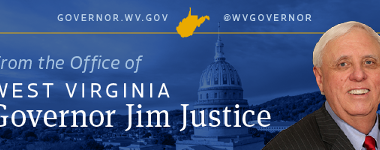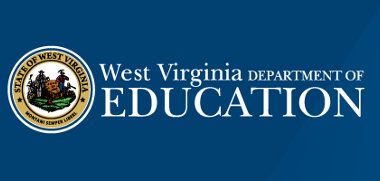CHARLESTON, W.Va. — April legislative interim committee meetings were highlighted by the launch of a new select committee on tax reform.
House Speaker Tim Armstead, R-Kanawha, spelled out the mandate of the Joint Select Committee on Tax Reform, stating, “We have a tax structure in West Virginia that’s broken, that’s burdensome, and that’s bewildering to a lot of people.”
Senate President Bill Cole, R-Mercer, noting that West Virginia had dropped from 30th to 36th in the American Legislative Exchange Council’s “Rich State, Poor States” report, said of the drop in the ALEC rankings, “It’s more or less, the other states are moving forward in aggressively cutting taxes.”
Headed by Senate and House Finance Chairmen Mike Hall, R-Putnam, and Eric Nelson, R-Kanawha, the committee is to spend the spring and summer studying the state’s tax system, with an aim of making reforms to make the state more attractive to business investment. “I think the first thing we have to determine is, what does a fair tax system look like,” Hall said.
Reaction to the committee’s appointment was not uniformly enthusiastic. Gov. Earl Ray Tomblin urged caution, advising the newly formed panel to be mindful of the state’s “fiscally responsible policies” as it pursues any possible tax cuts.
“As Senate president and as governor, Gov. Tomblin has worked hard to cut taxes for hardworking West Virginia families and the businesses that employ them in a fiscally responsible manner,” Tomblin spokesman Chris Stadelman said.
That included overseeing the repeal of the sales tax on food, eliminating the business franchise tax, and rolling back the corporate net tax to a competitive 6.5 percent rate.
“Gov. Tomblin respects the Legislature’s interest in finding opportunities to make additional reforms to our state’s tax code, and
encourages them to uphold our state’s fiscally responsible policies when considering any changes,” Stadelman said.
encourages them to uphold our state’s fiscally responsible policies when considering any changes,” Stadelman said.
In response to the committee’s appointment, West Virginia Center on Budget and Policy published a report on its “Evidence Counts” blog noting that the previous business tax cuts have yet to spur economic growth as intended.
In the blog, Fiscal Policy Analyst Sean O’Leary stated, “The business tax cuts blew a huge hole in the budget, to the tune of $236 million this year alone. Business tax revenue will be lower in 2016 than it was in 1990, and the state has faced year after year of budget problems, problems that would have been worse if it weren’t for the fortunate timing of the Marcellus Shale boom.”
O’Leary noted that while the business tax cuts were touted at the time as making West Virginia more competitive and business-friendly, they have failed to create substantial numbers of new jobs to date, with the total number of employed West Virginians actually dropping by more than 39,000 since the cuts were enacted.
Ted Boettner, executive director of the center, commented, “We shouldn’t double down on failed policy that hasn’t created jobs or
made our economy stronger.”
made our economy stronger.”
Hall said the committee will look at what other states have done to make themselves more attractive locations for businesses and families to relocate.
“Are there types of taxes we can move around to motivate people tocome to West Virginia?” he questioned, adding, “We’ve had some reform already, but we need to do more.”
Also during the single day of interim meetings for April, state Transportation Secretary Paul Mattox told legislators that it’s going
to take longer than usual for Division of Highways’ crews to repair potholes caused by severe winter weather in February and March.
to take longer than usual for Division of Highways’ crews to repair potholes caused by severe winter weather in February and March.
“Our maintenance crews are busy patching potholes…but it’s so bad, it’s going to take time to get the roads in the condition we all
expect them to be in,” Mattox told the interim Joint Committee on Government and Finance.
expect them to be in,” Mattox told the interim Joint Committee on Government and Finance.
“We do realize we do have a very severe situation with potholes,” he said. “The roads fell apart on us in February and March.”
Mattox said the division is shifting funding to provide a total of about $250 million for road paving this year. That’s enough to put secondary roads on a 25-year repaving cycle – which he said is still more than twice as long as the desired goal of 12-year repaving cycles. “That basically tells you that you need to double funding for the paving program to get it where it needs to be,” he told legislators.
—–
Attachments (links will expire on 10/31/2015):
1. Atthecapitolapril.doc (25 KB) [application/msword]
Download link:
http://perdition.cnpapers.net/horde/imp/attachment.php?id=5531766e-26fc-4ba4-8a99-4f320a00001c&u=philk





